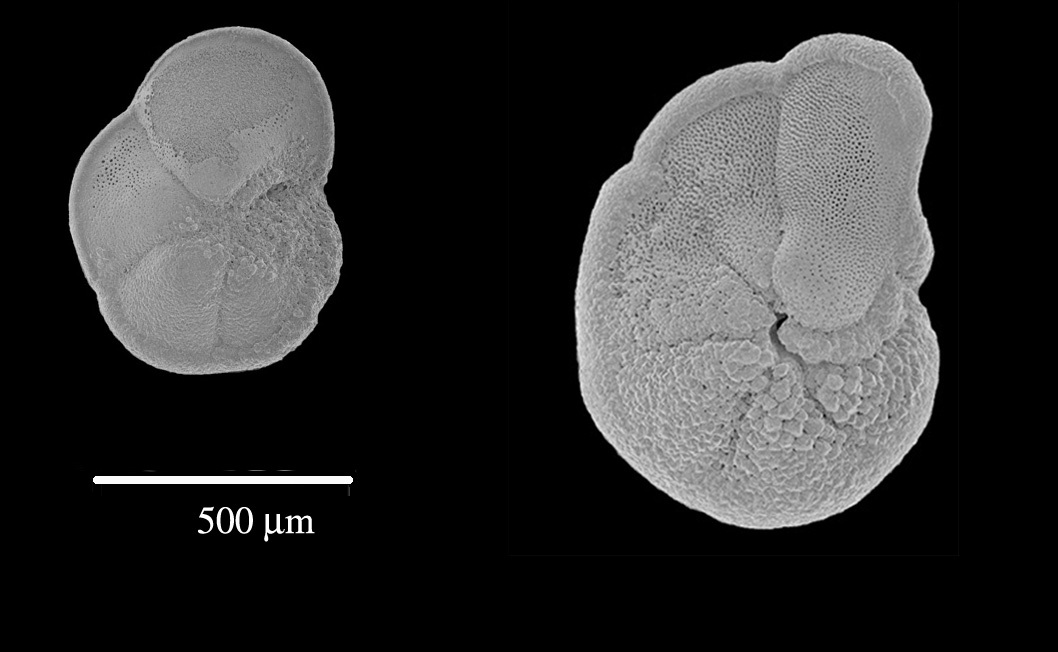2nd Post to FRIAM following yesterday’s post (1st follows) re: Stewart Kauffman’s ”Reinventing the sacred” lecture
So, partly prompted by how it seemed Kauffman got there. There’s a particularly curious “hiding place” for nature’s accumulative individuality and complex behavior within an otherwise “deterministic” universe obeying universal natural laws…
Between the laws,… a “hiding place” for nature’s vitality!
It’s the somewhat deceptive meaning of “uncertainty”. If you prove an uncertainty for some outcome it means that actual events will “at most” do one thing, and “at least” do another. That’s “information” about a probability of behavior, not a specification for individual behaviors. Continue reading Between the laws? →
Dan Bloom had commented:
” I SEE NO WAY OUT FROM THIS MESS. but it won’t hit the fan until 200, 400 more years…. until then, maybe until 2100 at least, we will muddle along….and the climate tsunami, when it hits, it won’t hit all at once, like in Thailand, it will hit the beach here slowly, over a period of maybe 10 to 100 years… “
Dan,
Hi, I hate to be the one to tell you, but the point of vanishing returns for multiplying our use of the earth has been crossed. I think we’ll be very lucky to stabilize for decades. There seem to be several environmental collapses underway, as majestically developmental but irreversible as they are.
Our bets on what we could accomplish have completely fallen apart. The ’snag’ the economies ran into does not seem to be some mysterious malfunction brought about by everyone doing their expert jobs suddenly screwing up all at once, or even greed…!!
The whole purpose of the system both when it does and doesn’t work is greed. So that’s not the event now occurring.
No, we ran into the earth with a bang!
… given the main design principle for building our system as expanding as fast as humanly possible till we run into something to stop it. Continue reading When do we hit the limits of the earth? →
Letter to John Smart,
I’m very interested in your Evo-Devo Universe project. I also found some interesting examples of development, that operates by multi-level selection. Below is a bit of a very nice clear example, a case of punctuated equilibrium occurring by a series of rapid evolutionary progressions (spurts), for a plankton species, G. tumida. It goes from being small and smooth to big and bumpy, in a half million years. What’s unique about the succession is the strong evidence of repeated rapid evolutionary progress.

The math I use is a little different, diagnostic math not deterministic math. The theory is a little different, too, about how to look beyond representational theory. One identifies natural systems as complex organizational developments, working as a whole. But your “big idea” that the universe is doing what life is doing, fits very well. Continue reading Multilevel selection in evolution – Devo-evo? →
Re: Letters to Science in response to the paper by Tim Searchinger of Princeton and R. A. Houghton of Woods Hole et. all. in February. It surprised the scientific world by documenting the oversights in calculating the environmental impacts of bio-fuels.
Biofuel production consumes food resources and produce added CO2. It happens by causing the conversion of productive ecologies into farms. These letters clarify some of the issues that were left unclear in their paper, but still leave big things out]
Letter to Science,
The 10/17/08 letters in Science by Vinod Khosla and reply by Tim Searchinger and R. A. Houghton do clarify some to the complicated measurement problems regarding the environmental impacts of bio-fuels on food production. Both seem to miss the largest of the growing strains on the food production resources of the earth. The real culprits are urbanization and economic growth, of course. Continue reading Biofuel impacts on food →
New systems science, how to care for natural uncontrolled systems in context

